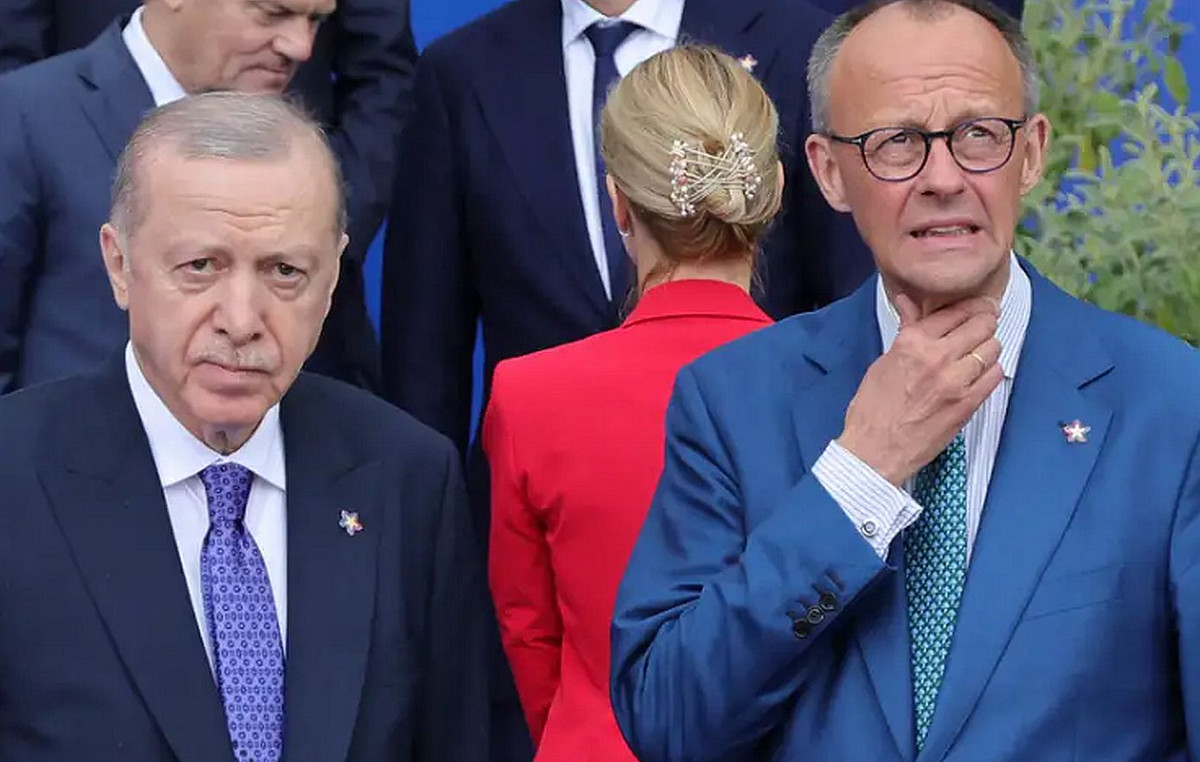Children from families that are among the financially richest 1% are twice as likely to attend an elite university as those from middle-class families with comparable scores on the Scholastic Aptitude Test (SAT), and the (American College Testing) ACT, a new study finds.
The research was conducted by Opportunity Insights, a group of Harvard researchers and policy analysts who study inequality.
The researchers looked at eight Ivy League universities, plus Stanford, MIT, Duke and the University of Chicago.
The researchers set out to determine whether schools perpetuate privilege and how they might diversify major US providers by changing their admissions policies.
To answer that question, they analyzed anonymous admissions data linked to income tax filings and SAT and ACT test scores.
The study used tax forms from 1999 to 2015 and test results from 2001 to 2015.
VIDEO – Coppolla and Cardozo debate whether the project contributes to transgender inclusion
Despite the significant advantage of admission to elite schools, the study found that there was no similar admission advantage to flagship public colleges.
“The large difference in admissions gradients by parental income between selective public and private institutions suggests that highly selective private colleges may have the capacity to change the composition of their student bodies by altering their admissions practices to emulate those used by highly selective public colleges,” the study stated.
The study determined that several factors led to advantage: preference for inherited admissions, weight placed on non-academic credentials, and athletic recruiting. The study also found that the factors did not affect post-college outcomes, but SAT and ACT scores and academic performance were more accurate at predicting a student’s success after school.
The research found that attending one of the elite institutions has long-lasting effects: It increases students’ chances of reaching the top 1% by 60%, nearly doubling their likelihood of attending an elite graduate school and tripling their chances of landing a job at a prestigious company.
The study defined the top 1% as having an income above $611,000.
As leadership positions in the United States are disproportionately held by graduates of elite schools, Opportunity Insights researchers say schools could diversify the nation’s leaders by changing their admissions policies.
“We conclude that while educating a small portion of students overall and therefore cannot change social mobility rates by themselves, Ivy-Plus colleges could significantly diversify the socioeconomic backgrounds of society’s leaders by changing their admissions practices,” the study stated.
Source: CNN Brasil
Bruce Belcher is a seasoned author with over 5 years of experience in world news. He writes for online news websites and provides in-depth analysis on the world stock market. Bruce is known for his insightful perspectives and commitment to keeping the public informed.







